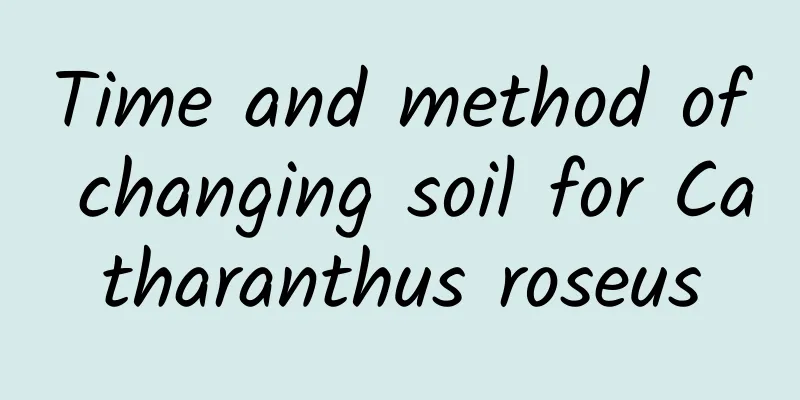Chamomile characteristics and flower language

Chamomile characteristicsChamomile is a biennial or multi-year herb, 5-20cm tall. The stem is erect or oblique, covered with grayish white hairs. The petiole is long and the base is enlarged ; the leaf blade is oblong or ovate, 3-4cm long, 1-1.5cm wide, deeply pinnately divided, with 2-5 pairs of lobes, each lobe has 2-5 shallow or deep lobes, the tip lobules are ovate or broadly strip-shaped, the tip is obtuse or acuminate, and the entire leaf blade is covered with grayish white wool or almost glabrous. The chamomile inflorescence head is solitary on a stalk 4-16 cm long ; the involucre is 7-12 mm in diameter, sparsely woolly or almost hairless ; the involucral bracts are 3-4 layers, herbaceous, the outer involucral bracts are linear-lanceolate, with almost no membranous margins, the inner involucral bracts are one and a half times shorter than the outer ones, linear-oblong, with broad membranous margins ; the receptacle is obviously convex, conical-spherical ; the flowers are yellow, all tubular, and have 5 teeth. Achenes 1.8-2.2mm long, glabrous, with 5 ribs, with a membranous corona about 1mm long at the tip, corona 5- lobed. Flowering and fruiting period is from April to September . Chamomile Flower LanguageChamomile, as soon as you hear the name, you know that its origin is foreign. Yes, its origin is in Germany. It is actually a type of chamomile. However, both the flower shape and habits have their own characteristics compared to chamomile: about 30 cm tall, with a yellow center, white lace, and furry leaves. According to legend, chamomile was dedicated to the sun god and could cure fever, so it was referred to as the herb of the moon in ancient Egypt. Because it has a cooling effect, mild anti-depressant effect , and can soothe restlessness and irritability, its flower language carries the spirit of indomitable spirit , that is: the more you are frustrated, the more courageous you become, and the strength in suffering. |
<<: Does growing flowers also require “the right time, the right place, and the right people”?
>>: What does the star-shaped begonia look like?
Recommend
Holly bonsai maintenance methods and management knowledge What kind of soil is best for planting
To maintain the holly bonsai, you need to choose ...
When is the right time to sow purple lentils?
Suitable time for sowing purple lentils Purple le...
When does the cinnabar root bloom?
1. Flowering period Cinnabar root will bloom, the...
How to water gardenia in summer
Principles of watering gardenia in summer The fre...
Is planting water chestnut profitable? Planting costs and profits
Is it profitable to grow horseshoe crabs? Water c...
Which variety of bougainvillea is the most beautiful and blooms frequently?
1. Golden Heart Dual Color Golden Heart Bicolor i...
The pros and cons of returning corn straw to the field and the solutions (what are the hazards of returning corn straw to the field)
The incomplete crushing of corn stalks when retur...
Common Clematis Varieties
Like a dream It is a large-flowered flower that b...
Difference Between Cassava and Sweet Potato
1. Differences in the stems Cassava is an upright...
Is the money tree poisonous?
Is the money tree poisonous? The money tree is in...
How to care for geraniums in winter
Is geranium afraid of freezing? Geranium is afrai...
What is the reason for the yellowing of the leaves of the green radish and how to remedy it
1. Strong light Pothos is suitable for growing in...
What plants can be watered with vinegar? These flowers are "jealous" and grow wildly and fill the pots
1. Which flowers can be watered with vinegar? The...
Why does the orchid never bloom after the buds grow? How can I make it bloom?
1. Why do orchids never bloom after they have bud...
Which species of spider plant is the most expensive
1. Which varieties are more expensive? The law of...









